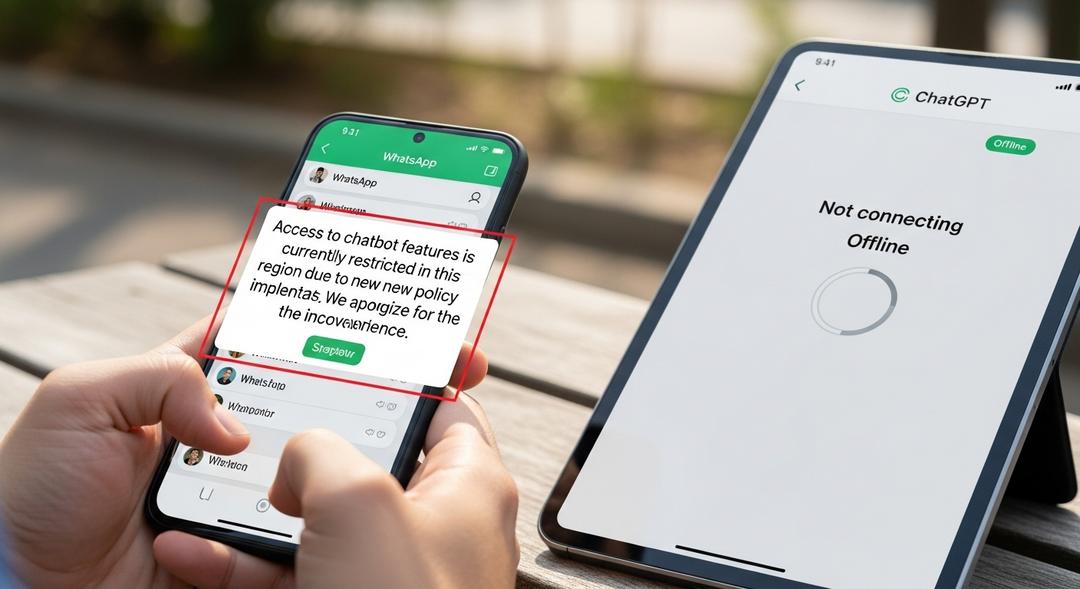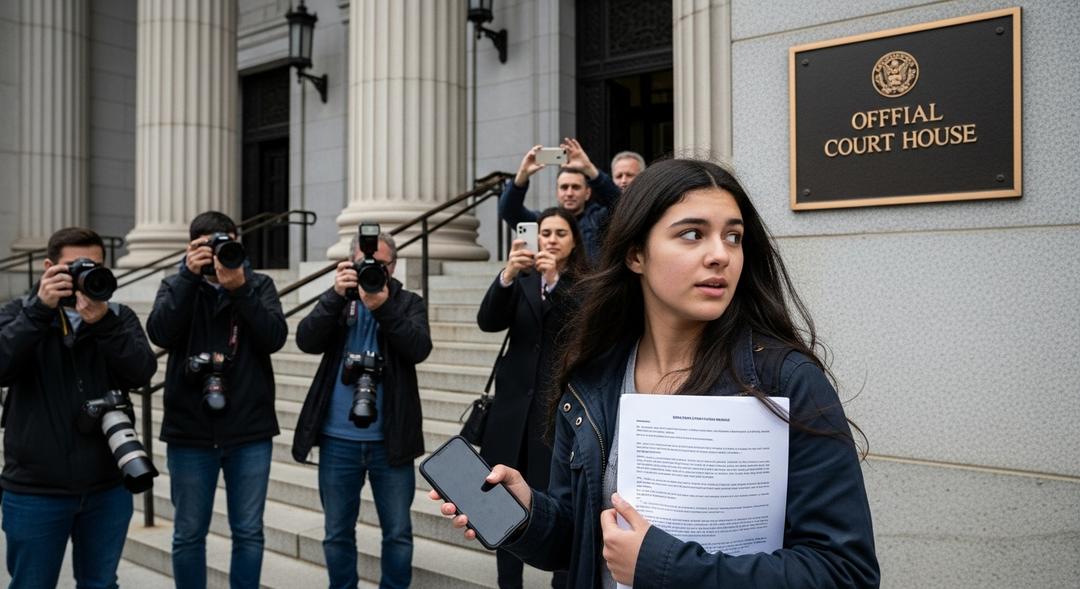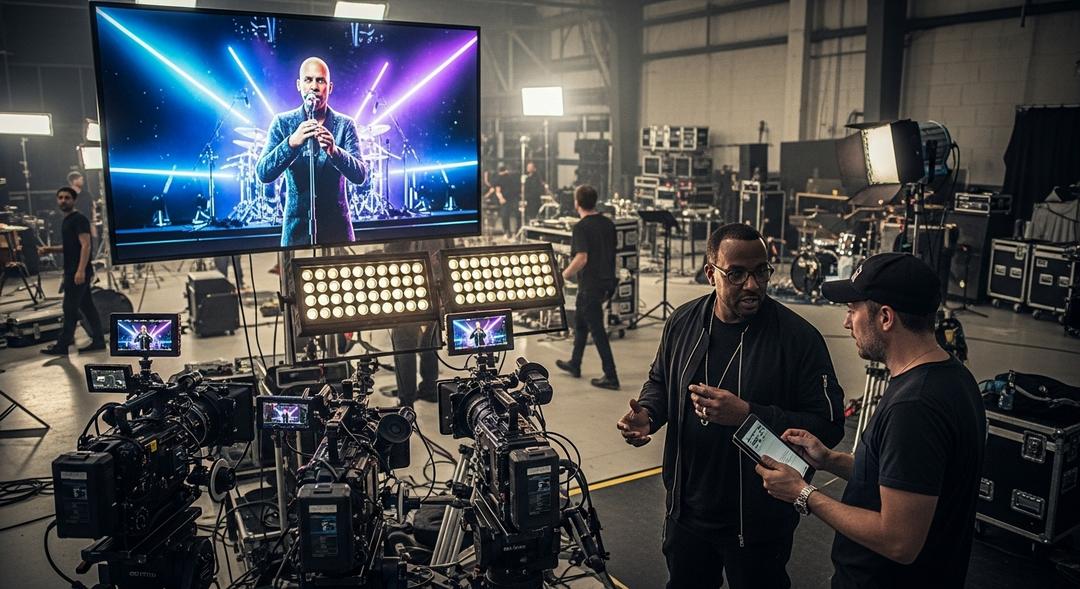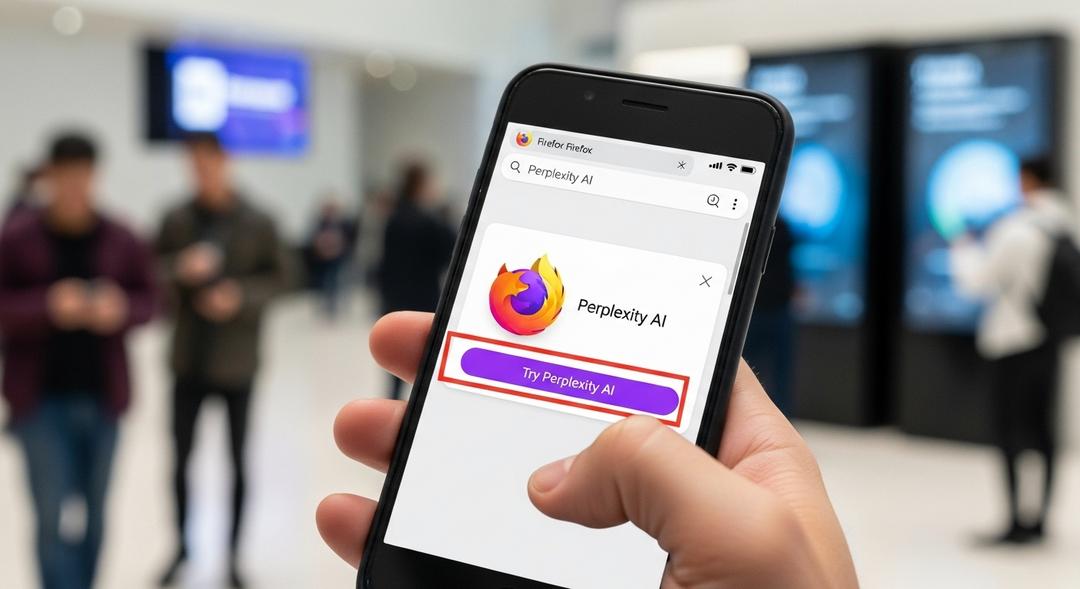WhatsApp is drawing a line in the sand for AI chatbots.
Come January 15, 2026, major artificial intelligence assistants like ChatGPT and Perplexity will have to say goodbye to direct access on WhatsApp.
Meta, which owns WhatsApp, announced the change this week, saying the platform was never intended to host large scale AI bots that can converse about anything under the sun.
The company says that WhatsApp’s tools were created for businesses to connect with their customers, not for general artificial intelligence chatbots that serve the entire public.
So while millions have started relying on bots from Luzia, Poke, and others within WhatsApp, those experiences are on borrowed time.
Businesses that use AI to help with service questions or booking details do not need to worry right now.
Meta confirmed that “the change only impacts general artificial intelligence chatbots, not the customer support bots many businesses already use,” clarifying that companies like banks or airlines offering customer assistance through AI are safe.
WhatsApp’s tools were created for businesses to connect with their customers, not for general artificial intelligence chatbots that serve the entire public.
AI Traffic and Profits Under Scrutiny
This isn’t just about philosophy or purpose — the move also comes down to numbers and network health.
Meta sees the explosive growth in messages sent by these bots as unsustainable, given the company is not making money from this surge of automated interactions.
The official business model relies on companies paying for WhatsApp’s communication tools, but general artificial intelligence bots do not fit that formula.
Meta’s leadership wants the value of the network to result in revenue, not just relentless traffic generated by bots that never sign up for WhatsApp’s paid business accounts.
Once this policy takes effect, Meta’s in-house assistant will be the only allowed artificial intelligence system for WhatsApp users.
The policy forces OpenAI and other developers to come up with alternative ways to reach WhatsApp’s global audience.
“Meta made the right call for the health of WhatsApp’s ecosystem,” said a tech analyst reacting to the news.
For users, it means WhatsApp will soon become less of an open playground for every new artificial intelligence tool, with Meta’s rules — and their own assistant — setting the limits.








